Obiettivi
Allowing the students to:
1. grasp the main features of Beckett's "Theatre of the Absurd" with a more specific focus on his Waiting for Godot;
2. improve their general knowledge of modern British drama;
3. enlarge their vocabulary through the study and acquisition of new words;
4. comprehend what beckettian may possibly and partially mean
Tempo di apprendimento
Apprendimento in: 4 hours
L'argomento
:max_bytes(150000):strip_icc():format(webp)/druid-theatre-s-production-waiting-for-godot-at-the-royal-lyceum-theatre-in-edinburgh-1013133540-f0ec7a598ec642beb0b884bbb7e0fb6c.jpg)
A How-To Guide
Stage 1 – On your textbook
1.1. Read pages 375 [Samuel Beckett]
Just a bare summary of Beckett’s life interspersed with some of his works. After all, what really matters is that you are able to understand:
1. What kind of writer he is;
2. How his plays are built;
3. The treatment of the absurd in his plays.
1.2. Read page 376/7 [Waiting for Godot] and do Exercise 2
1. As to the its plot, the following are the missing words: 1. medias res, 2. tramps, 3. country road, 4. hunger and pain, 5. quarrel, 6. dependent, 7. and purposeless, 8. only apparently, 9. still waiting
2. Be sure to understand what features of the Theatre of the Absurd are used by Beckett;
3. Focus on the themes of meaninglessness (of time and human life as well), uncertainty, mutual dependence;
4. Pay a particular attention to the various verbal and non-verbal devices he uses.
Stage 2 – Online
2.1. Samuel Beckett (PPT Presentation)
Sum up your knowledge through the reading of the PPT presentation from your textbook.
Be advised that, sometimes, in order to see the pictures of the slides you may need to click or tap otherwise they may look like blank spaces.
2.2. ZTE Test (Online Activity)
Do the self evaluation test on the ZTE website.
2.3. Samuel Beckett (Video Resource)
Complete your knowledge of Beckett as a man and a writer watching the video. In case you aren’t able to understand some words or sentences you may turn on the subtitles.
2.4. “Waiting for Godot” Explained with Philosophy (Video Resource)
Do as you did in Activity 2.3.
2.5. An introduction to Waiting for Godot (Online Reading)
Explore and organise the main themes of the play together with a better comprehension of the characters, the staging and the circularity of the play.
Testing yourselves
Do the attached test and grade your knowledge.
Attività
As outlined above.
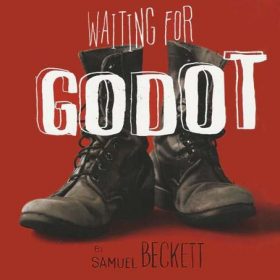

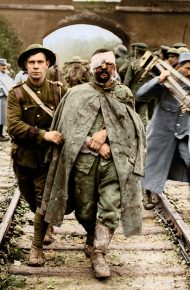


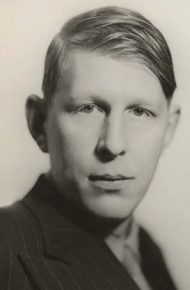
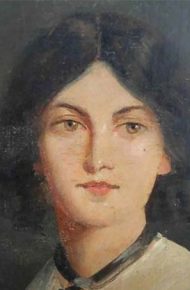
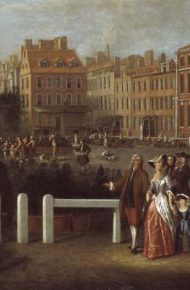
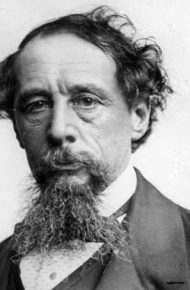
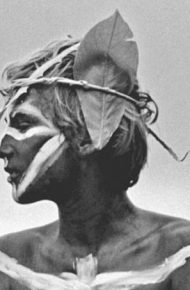
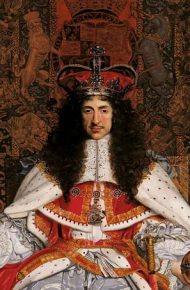
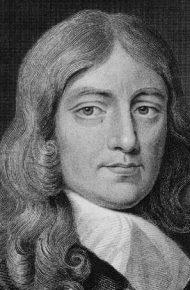
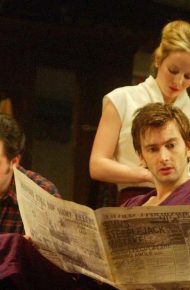
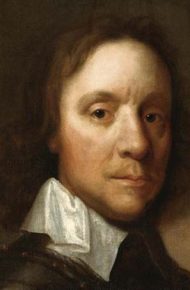
da Redazione